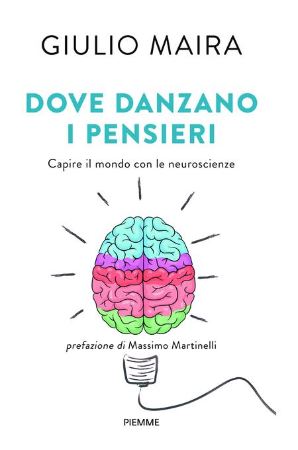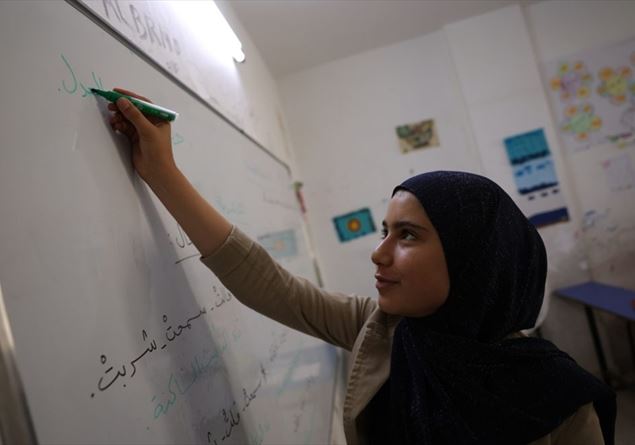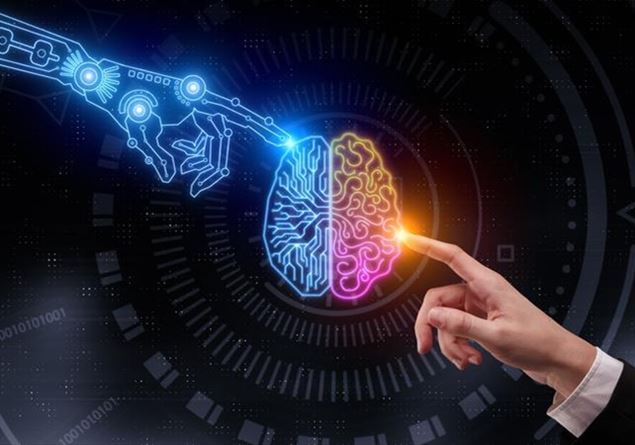In an era in which social speed and the efficiency of algorithms threaten reflection, man must rediscover the hidden powers of the brain. “The computer can’t give us this.” On the occasion of the release of the new book, Where thoughts dance (Piemme), the Professor Giulio Mairaone of the most authoritative Italian neurosurgeons, explains what tests our mind will have to face in the digital age.
What was the biggest challenge in translating complex scientific concepts into a language accessible to all?
«It’s a habit I’ve had for years. As a professor, I have to explain neurosurgery to the kids; making it simple is not easy. Writing for a newspaper increases the challenge, because the audience is new to the topic and doesn’t have to be inundated with complicated terms. It takes synthesis and the ability to use simple words that however have a conceptually important meaning and that convey an emotion.”
How can we educate new generations to maintain and develop their critical and creative thinking without them becoming too dependent on artificial intelligence?
«We need education in the use of tools: smartphones, Internet, ChatGPT. The latter is useful for speeding up research, but provides data based only on what is already known. We must teach that creativity is the search for what is new. The human mind analyzes single data based on its imagination, creativity and emotions. This is the huge difference with being artificial. Our thinking is different from an algorithm that produces cold data analysis.”
As digital interactions increase and physical contact decreases, isn’t there a risk that our capacity for empathy will weaken?
“Absolutely. Man evolved thanks to empathy and the ability to be in a group. Locking yourself away leads to depression, takes away physical contact. This contributes to the development of children’s brains, which need emotional intelligence, balancing rationality with healthy emotions. For this reason, we are careful about the abuse of social media, which can lead to self-closure.”
In an age where we can find any information in an instant, how does the role of our brain change?
«The brain is slow, the result of millenary evolution. The speed of smartphones fills it with too much data, causing it to become confused. Loses the ability to analyze. The brain is plastic but adapts slowly. We must find the right balance between its slowness and the speed of information.”
How do you evaluate the way we communicate today, with social media often favoring speed and superficiality over in-depth dialogue? Do you see a risk for our social development?
«Although the number of graduates is increasing, the average cultural level is lowering and people read less. Fast information is a danger to our mind. A great effort is needed to find a compromise between the use of technologies and respect for the functions of the brain. This is why scientific dissemination is important, to inform about dangers and addictions. We need an educational message to preserve the esprit de finesse in young people.”
Do you think that the excessive stimulation of the modern world is also negatively influencing our ability to “switch off”?
«Unplugging is essential. In reality, the brain does not stop, but in a moment of idleness it activates the Default Mode Network. Letting thoughts wander, contamination arises between ideas and the stroke of genius, the sudden intuition. If we fill our days, we eliminate the ability to develop creativity.”

Today the pace of life is frenetic. Is there an incompatibility between the slow evolution of the brain and the speed of our society?
«The evolution of knowledge and the availability of information is growing exponentially. Going forward like this, when we arrive at quantum computers that increase the capacity for data analysis, the number of data available will grow enormously. But the increase in the number of data does not mean the increase in knowledge.”
Can we distinguish between “information” and “knowledge” to protect our thinking ability?
«We must always separate the two things: knowledge is the fruit of an individual’s activity when he processes some of the many data, and information is the fruit of the activity of a fast technological structure, such as the computer. We must give priority to the brain to always maintain respect for this need for processing time, because the brain needs time to process, that is, it not only processes, but is able to produce thoughts.”
What are the signs that we are losing our ability to think deeply and what daily habits can help us recover it?
«The development of culture means advancing true knowledge, creativity, imagination, seeking knowledge from books, socializing, comparing ideas. Reading a lot opens us up to worlds that we would otherwise never know.”









